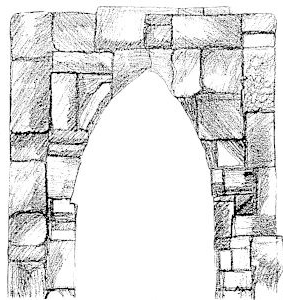Our Learning
Our School Vision
Dedicated to achieving the best outcomes and celebrating the successes of all.
At Priory, we aim to offer exciting and stimulating learning experiences which support and challenge all pupils to thrive, with confidence and happiness.
We aim to be a school where:
-
Quality of Education
Learning is across a full and enriched curriculum that is inclusive for all. Learning is sequentially planned across the school and delivered by highly skilled teachers so that our pupils leave Priory knowledgeable and well-equipped for the next step in their learning journey.
-
Behaviour and Attitudes
All members of the school community live out being ready, respectful and safe. Children are at school on time, ready and keen to learn and embrace challenges with resilience. Relationships between all are positive and encourage personal achievement.
-
Personal Development
Learning stretches beyond the academic, supporting our children to be happy and healthy, developing their talents and skills beyond the classroom. We celebrate individuality and diversity so that our learners become equipped to be dedicated citizens of modern Britain.
-
Leadership and Management
Leaders are deeply committed to the safety and well-being of all. All adults maintain the highest vigilance towards the safeguarding of young people and leaders are deeply committed to being a workplace of development and support. We welcome and work alongside all members of the school and the wider community to ensure we are providing the highest level of educational provision for all learners enroled at our school. Through well-structured systems, adults are offered high quality, relevant professional development.
-
Early Years
Our EYFS curriculum is the foundation of the learning that takes place throughout the school years. The curriculum across all areas of learning is effectively sequenced so that children gather and retain knowledge and skills to support the development of the ‘whole child’.
